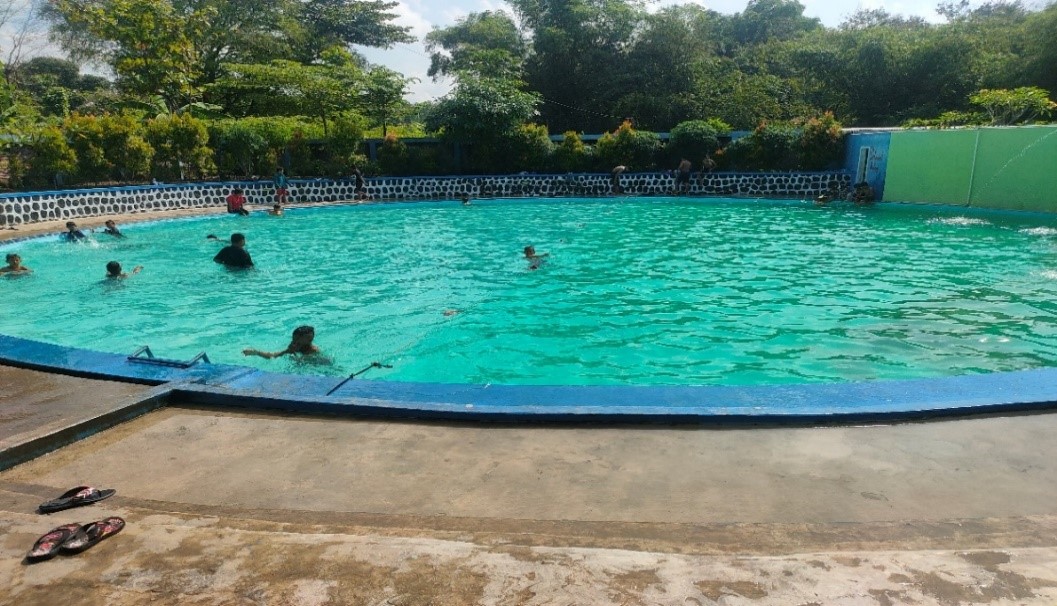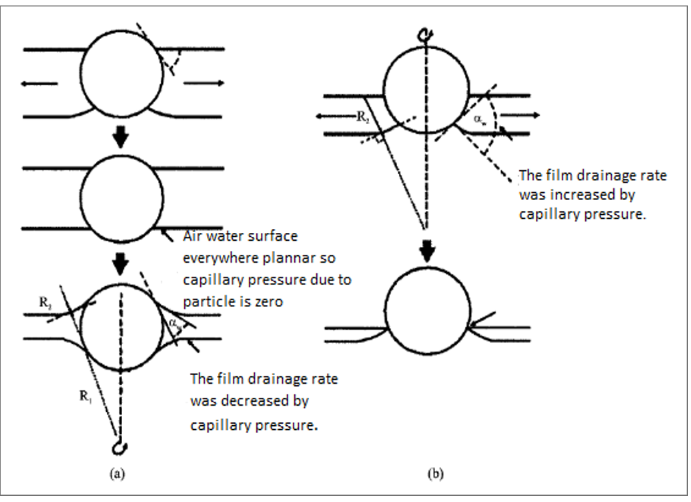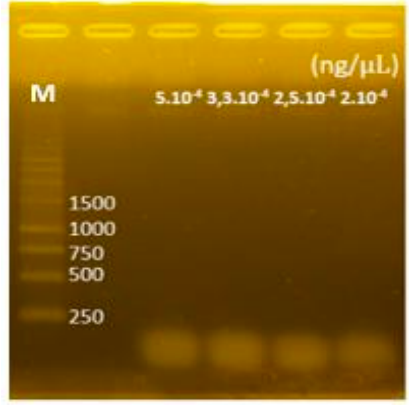In an era marked by increasing globalization and diverse cultural interactions, the exploration of topics that intersect religious values, sustainable practices, and scientific advancements has become pertinent and imperative. This collection of academic studies delves into various dimensions of contemporary issues, addressing the amalgamation of tradition, innovation, and ethical considerations in a diverse range of fields. These studies shed light on the dynamic interplay between faith-based principles, technological progress, and market dynamics, offering insights into the intricate relationships that shape modern society.
The Concept and Management of a Swimming Pool Based on Sharia Values: A Case Study of Boyolali Natural Lake presents an intriguing exploration of how traditional Islamic principles can be harmoniously integrated into recreational facilities. Through a meticulous case study, this research uncovers the potential of aligning swimming pool management practices with Sharia values, revealing a nuanced synergy between leisure and faith.
In The Potential of Halal Anti-Foam Production from Vegetable Oil Derivatives: A Review, a comprehensive examination of halal practices is undertaken, focusing on a crucial yet often overlooked aspect – anti-foam production. By scrutinizing the utilization of vegetable oil derivatives in the creation of halal antifoam agents, this review contributes to the expanding discourse on halal product development, illuminating novel avenues for ensuring compliance with Islamic dietary laws.
Analysis of the Success of Indonesian Hijab: The Buttonscarves Marketing Strategy in Market Expansion in Malaysia offers a captivating analysis of the strategic maneuvers employed in the expansion of an Indonesian hijab brand into the Malaysian market. This study underscores the significance of cultural sensitivity and marketing acumen in transcending geographical boundaries, thus exemplifying the intricate relationship between branding and cross-cultural engagement.
The fusion of ethical considerations, sustainable practices, and fashion takes center stage in the discourse surrounding the development of halal fashion industry through the circular economy concept. By delving into the circular economy framework, this research presents a forward-looking perspective on how the halal fashion industry can not only navigate contemporary consumer demands but also contribute to environmental sustainability.
Finally, in Determination of the Sensitivity and Specificity of the PRIME-CYTO Kit for Detection of Swine Content using the Polymerase Chain Reaction Method, the scientific rigor of molecular detection techniques was harnessed to address dietary compliance with Islamic dietary laws. This study underscores the importance of accurate and efficient methodologies for upholding halal standards, demonstrating the role of cutting-edge scientific advancements in religious observance.
As we embark on this scholarly journey in diverse fields, these studies collectively underscore the multidimensional nature of contemporary challenges and opportunities. The interplay between tradition, innovation, and ethics, as shown in these investigations, exemplifies the intellectual richness that emerges when scholarly pursuits intersect with real-world complexities.
DOI: https://doi.org/10.12962/j22759970.v3i1
Published: 2023-02-22





